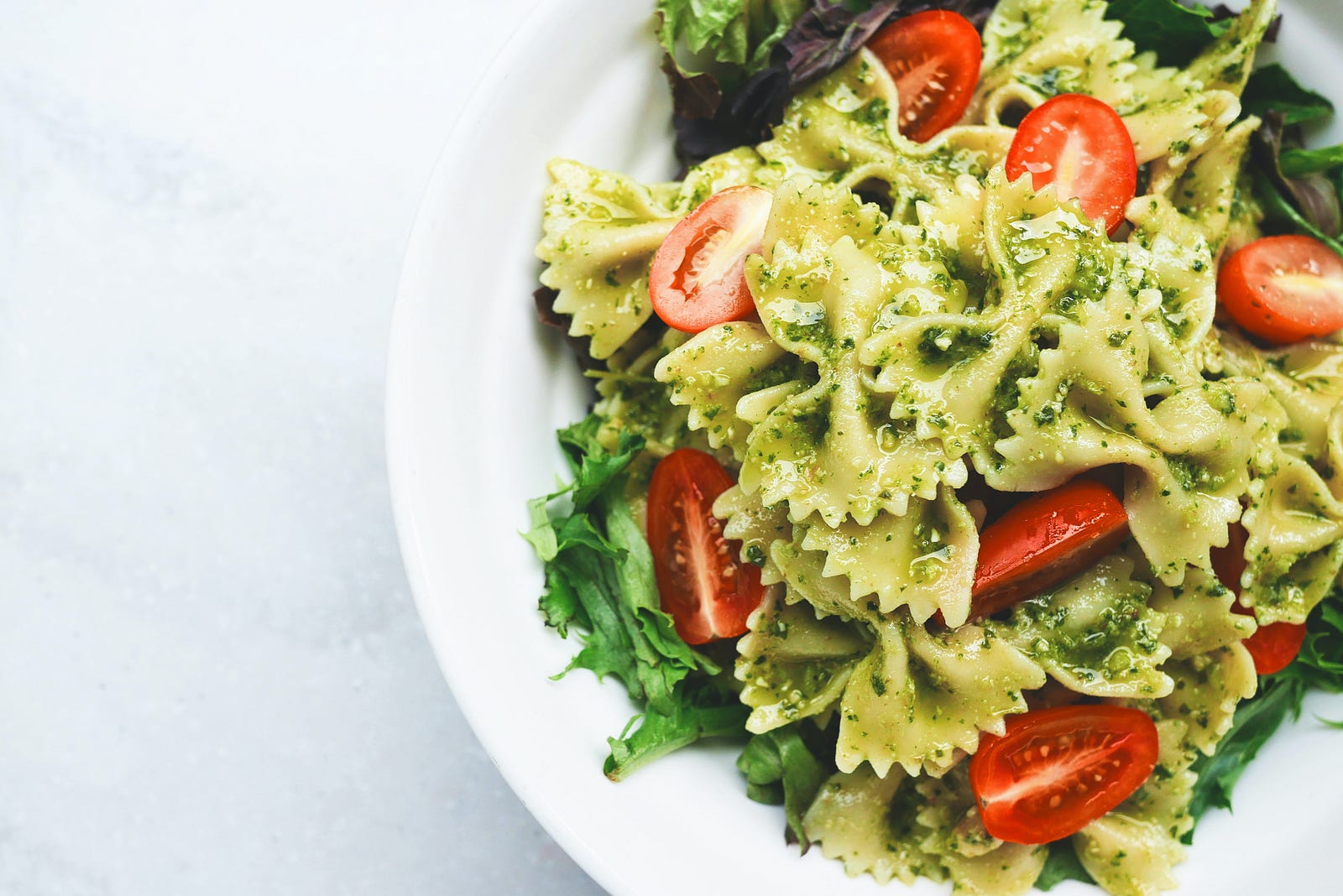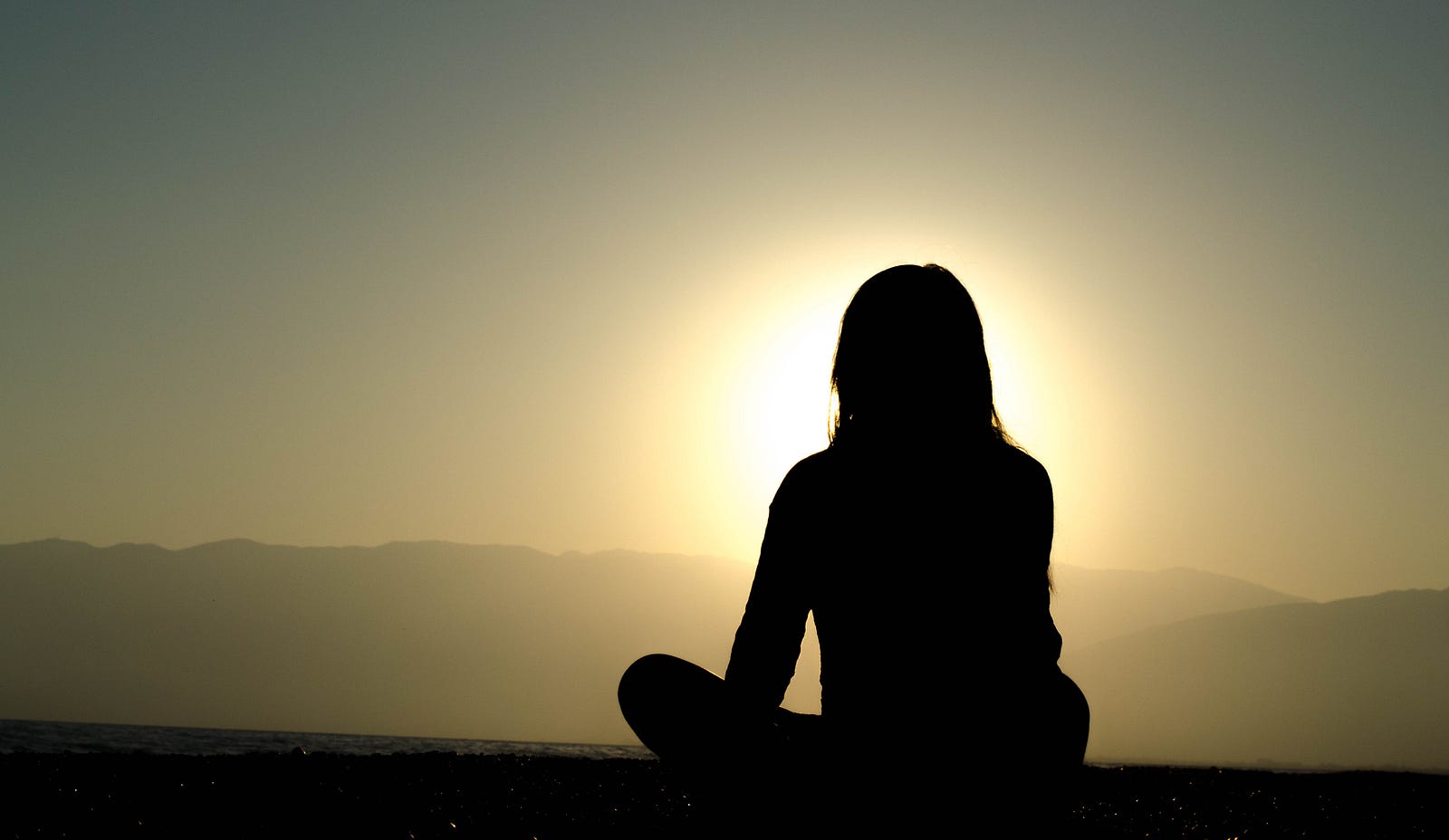IN THE VAST EXPANSE OF HEALTH AND WELL-BEING, one shadow looms large — cancer. However, what if we told you that science had uncovered life hacks akin to kryptonite capable of thwarting cancer’s advances? Today, we explore 7 anti-cancer hacks.
I am a cancer doctor and am committed to not only helping those with the disease but also reducing the risk for others.
After over 30 years as a radiation oncologist, I am shaken every time I meet someone with cancer.
Today’s Goals
This essay aims to unravel seven lifestyle recommendations rooted in scientific research, offering practical insights accessible to everyone.

As I delve into each life hack supported by credible references, I will try to demystify cancer risk reduction and empower you to take proactive steps in dropping your chances of suffering from the disease.
#1. Embrace a Rainbow on Your Plate
Our journey into cancer prevention begins with the vibrant world of fruits and vegetables. Scientific studies consistently highlight the protective power of a colorful diet rich in antioxidants.
These compounds, abundant in fruits and vegetables, act as warriors against cancer-causing free radicals.

Colorful Produce
M.D. Anderson Cancer Center experts offer this view:
No food (or food group) is guaranteed to prevent cancer. Excluding specific foods will not eliminate your risk. However, consuming a plant-based diet (including beans, fruit, vegetables, and whole grains) and following some basic guidelines can help reduce your cancer risk (and other chronic diseases).
By embracing a rainbow on your plate, you are not just making your meals visually appealing; you are arming your body with the tools it needs to fight cancer.
Diet and Breast Cancer Risk Reduction
For example, after studying a group of 182,145 women in the Nurses’ Health Study I and II for 30 years, researchers discovered this:
Women who regularly consumed more than 5.5 servings of fruits and vegetables daily (especially ones rich in cruciferous and yellow/orange vegetables), had about a one-tenth lower risk of developing breast cancer than those who ate 2.5 servings or fewer.
Eating more vegetables, particularly, was linked to a one-seventh (15 percent) reduction in the risk of estrogen-receptor-negative breast cancers for every two additional servings consumed daily.
Additionally, a higher intake of fruits and vegetables was associated with a decreased risk of other aggressive tumor types, including HER2-enriched and basal-like tumors.
In simpler terms, including plenty of fruits and vegetables in your daily diet may help lower the risk of developing certain breast cancer types. Of course, association is not causality.
Diet and Cancer Risk Reduction — More Evidence
A report by the World Cancer Research Fund and the American Institute for Cancer Research suggests this:
Non-starchy vegetables — such as lettuce and other leafy greens, cabbage, broccoli, bok choy, onions, garlic, and the like — and fruits — “probably” protect against several cancer types, including those of the mouth, throat, voice box, esophagus, and stomach.
Fruit probably also protects against lung cancer.
#2. Move
Physical activity emerges as another formidable life hack against cancer. The American Cancer Society (ACS) recommends the following:
At least 150 minutes of moderate-intensity physical activity per week, such as brisk walking or cycling, to reduce the risk of certain cancers.

Exercise contributes to maintaining a healthy weight, regulating hormone levels, and strengthening the immune system — all crucial elements in cancer prevention.
Which Cancer Risks Are Impacted by Moving?
Again, the American Cancer Society. Physical activity has been linked to a drop in the risk of several cancer types, including:
- Colorectal cancer (for which the link is strongest)
- Bladder cancer
- Breast cancer
- Endometrial cancer (cancer in the uterus lining)
- Esophagus cancer
- Stomach cancer
Physical activity may affect the risk of other cancers, such as:
- Head and neck cancers
- Lung cancer
- Liver cancer
- Pancreas cancer
- Prostate cancer
- Ovarian cancer
So, whether it is a daily jog, a dance class, or a regular gym session, moving your body can be a powerful ally in the fight against cancer.
#3. Catch Zzz’s for Cellular Repair
In our fast-paced lives, sleep often takes a back seat. However, adequate and quality sleep is pivotal in maintaining overall health, including cancer prevention.
The body engages in extensive cellular repair and regeneration during sleep, disrupted by inadequate rest.
A 2019 study offered this disturbing observation:
Sleeping less than six hours may raise risk of cancer or even death.
More specifically, if you’re in your middle years and dealing with issues like high blood pressure, Type 2 diabetes, heart problems, or a history of stroke, not getting enough sleep — less than six hours a night — might put you at a higher risk of developing cancer and facing an early death.
So, getting adequate sleep is crucial for your health, especially if you’re dealing with these health concerns.
#4. Mind Your Meat: Quality Over Quantity
The relationship between diet and cancer risk extends beyond fruits and vegetables.
The World Health Organization (WHO) explains that red meat is probably [emphasis added] cancer-causing. In other words, there is convincing evidence that the agent causes cancer. The evaluation is usually based on epidemiological studies showing cancer development in exposed humans.
The WHO classifies processed meat as carcinogenic to humans.
I opt for fish, poultry, and plant-based protein sources over excessive red and processed meats, which aligns with a cancer-conscious lifestyle.
For me, it is not about eliminating meat altogether but about making mindful choices and prioritizing quality over quantity.
#5. Hydration: The Elixir of Health
Amidst the myriad of health advice, the simple act of staying hydrated often gets overlooked.
However, proper hydration is crucial for maintaining bodily functions and supporting overall health, including cancer prevention.
Studies, such as the one in the prestigious New England Journal of Medicine, have suggested a link between adequate water intake and a reduced risk of bladder cancer.

Hydration and Bladder Cancer
Here are the study results:
Total daily fluid intake was inversely associated with bladder cancer risk; the relative risk was half for those in the highest one-fifth of total daily fluid intake (over 2531 ml daily), compared with the lowest one-fifth (under 1290 ml daily).
Water is not just a thirst quencher; it aids in flushing out toxins and promoting optimal organ function.
So, raising a glass to good health is a small yet powerful step in making your body an inhospitable environment for cancer cells. I keep a bottle of water near me at all times.
#6. Get Some Sunshine Vitamin (But Not Too Much)
The sun is often hailed as the source of life. It also provides a potent life hack against cancer through its role in vitamin D synthesis.
Numerous studies, including one in The Lancet Diabetes & Endocrinology, have explored the link between adequate vitamin D levels and a reduced risk of certain cancers.
Here are the results:
High 25(OH)D concentrations were not associated with a lower cancer risk, except for colorectal cancer. Results from intervention studies did not show an effect of vitamin D supplementation on disease occurrence, including colorectal cancer.
While excessive sun exposure raises concerns about skin cancer, sensible sun exposure may contribute to cancer prevention.
The recommended daily allowance of vitamin D varies by age and individual factors, so consulting with a healthcare professional can guide you in harnessing the sunshine vitamin for optimal health.
#7. Stress Less, Live More
Stress has become a ubiquitous companion in the hustle and bustle of modern life.
However, chronic stress can have profound health implications, including possible increased cancer risk.

Incorporating stress-reducing practices such as mindfulness, meditation, or even a hobby into your routine can be transformative.
By prioritizing mental well-being, you enhance your quality of life and contribute to cancer prevention.
Others
Of course, avoiding tobacco and excessive alcohol are cancer risk-reducing maneuvers.
Finally, try to maintain a healthy weight.
Final Thoughts
In the quest for cancer prevention, these seven scientifically approved life hacks are powerful tools within everyone’s reach.
Individuals can actively reduce their cancer risk by embracing a colorful diet, staying active, prioritizing quality sleep, making mindful dietary choices, staying hydrated, optimizing vitamin D levels, and managing stress.
Remember, the small, consistent choices collectively build a shield against cancer’s advances.
As we navigate the complexities of health, let these life hacks be your guide, transforming scientific knowledge into practical actions that empower you on the path to a healthier, cancer-resistant life.
Thank you for reading “Cancer’s Kryptonite: 7 Scientifically Approved Life Hacks.” What is your favorite lifestyle hack for cancer risk reduction?




